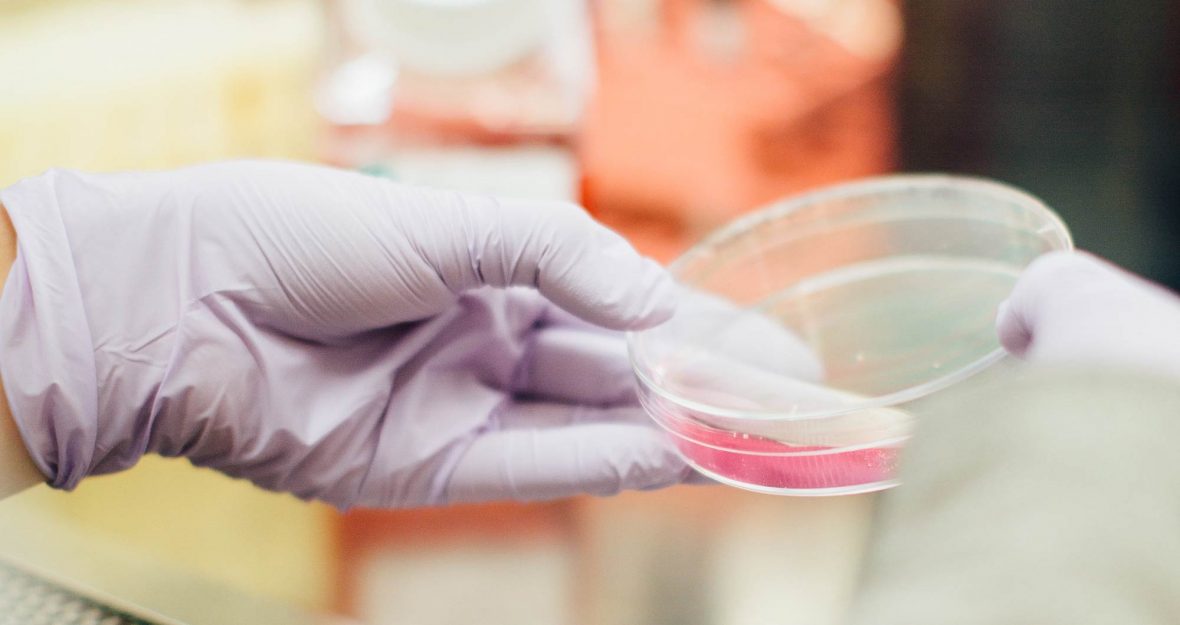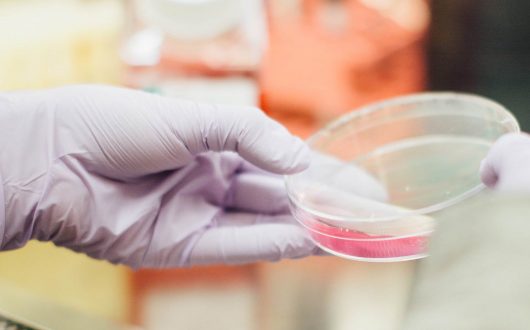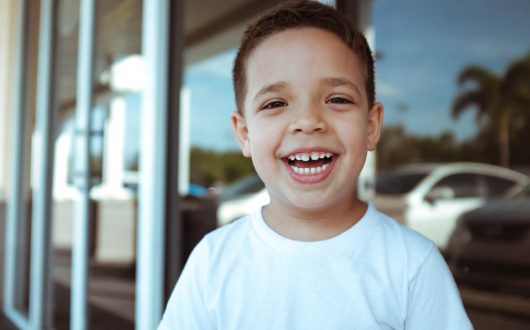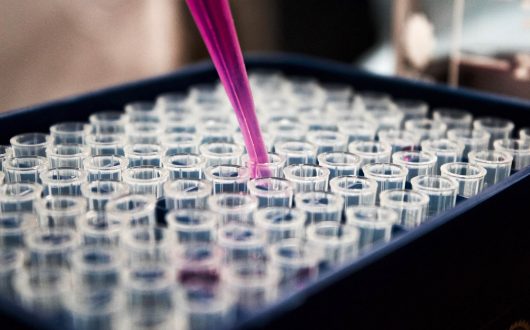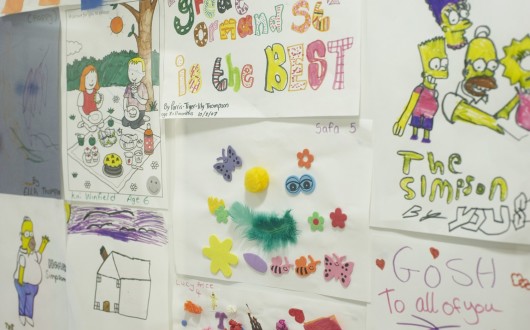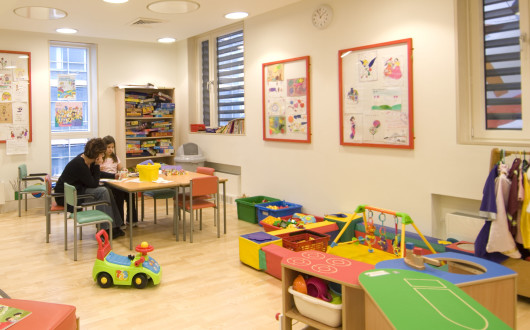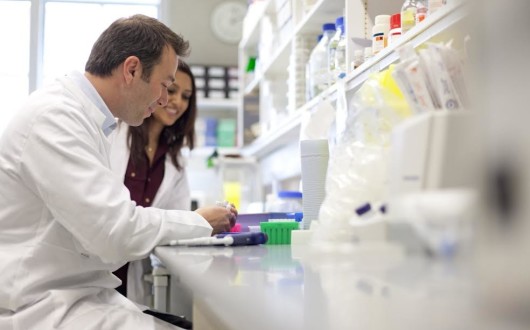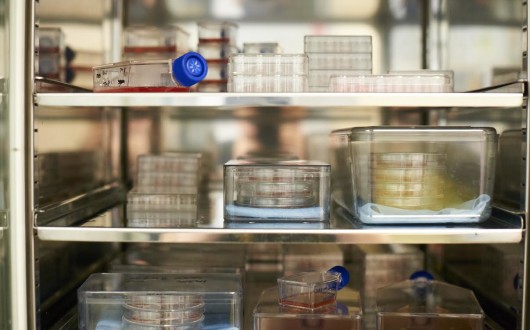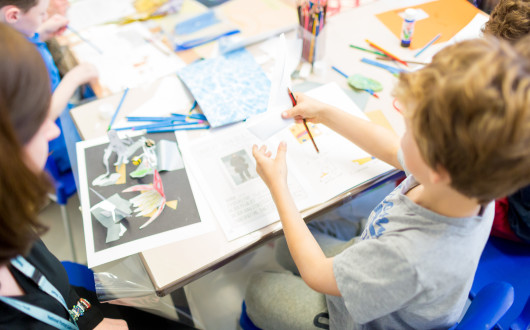Our objective
The Olivia Hodson Cancer Fund’s objective is to provide, “Support for research and clinical advancements within the departments of Oncology, Haematology and Bone Marrow Transplant at Great Ormond Street Hospital”.
Identification of novel surface antigen targets for CAR T cell strategies in paediatric Acute Myeloid Leukaemia stem cells
Acute Myeloid Leukaemia (AML) is a heterogeneous blood cancer that accounts for 15-20% of all paediatric acute leukaemia cases. Despite it’s low incidence in children, it is a life-threatening disease. Indeed, AML current therapies are associated with high rate of relapse (30%) and poor prognosis (only 30-40% of patients survive)[1] due to their incapability to eradicate Leukaemic Stem Cells (LSCs).LSCs are responsible for AML initiation and progression and are refractory to conventional treatments. Therefore, new therapeutic options capable of targeting AML-blasts and -LSCs are urgently needed. A promising approach is offered by immunotherapy with autologous T-cells genetically engineered to express a Chimeric Antigen Receptor (CAR).
This strategy has shown outstanding results with anti-CD19 CAR-T in Acute Lymphoblastic Leukaemia (ALL). In contrast to ALL, AML displays an extensive phenotypic and cellular heterogeneity which challenges CAR-T cell therapy exploitation. So far, CAR-T cells have been generated mainly against CD123 and CD33, two antigens highly expressed on AML-blasts. However, this has had mixed results and so it is necessary to identify surface antigens expressed specifically on AML-LSCs rather than normal HSCs.
The purpose of this project is to identify novel therapeutic targets in relapsed/refractory paediatric AML in order to improve patient outcome through the design of new effective CAR-T cell approaches.


